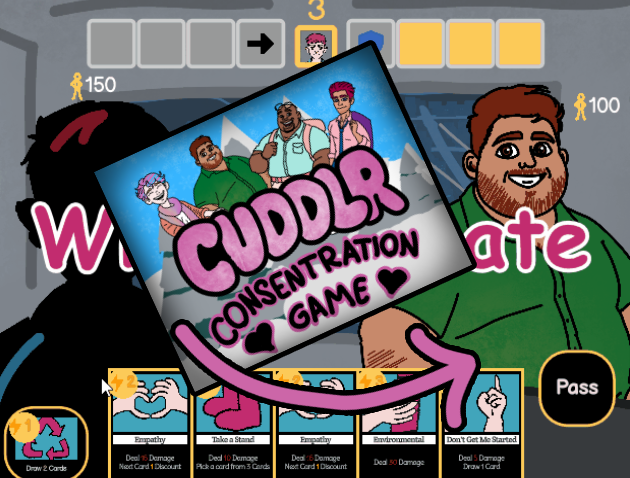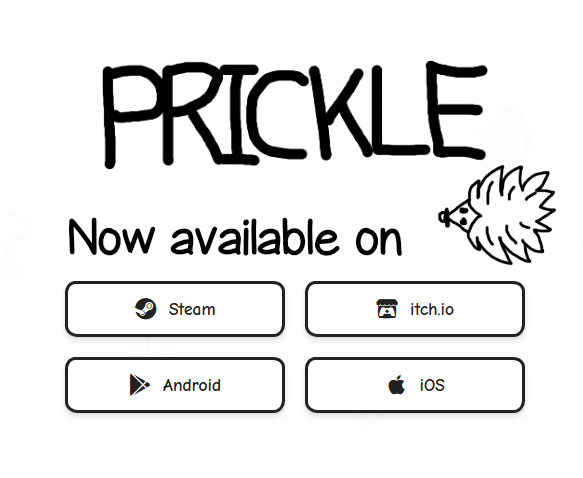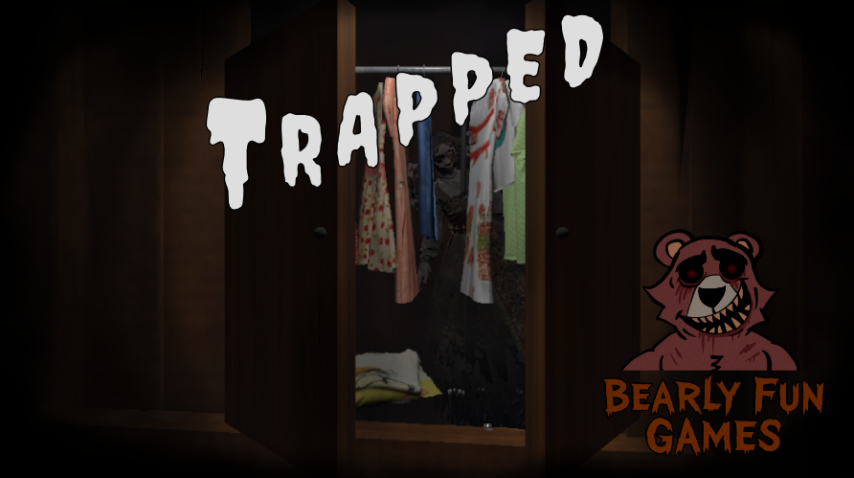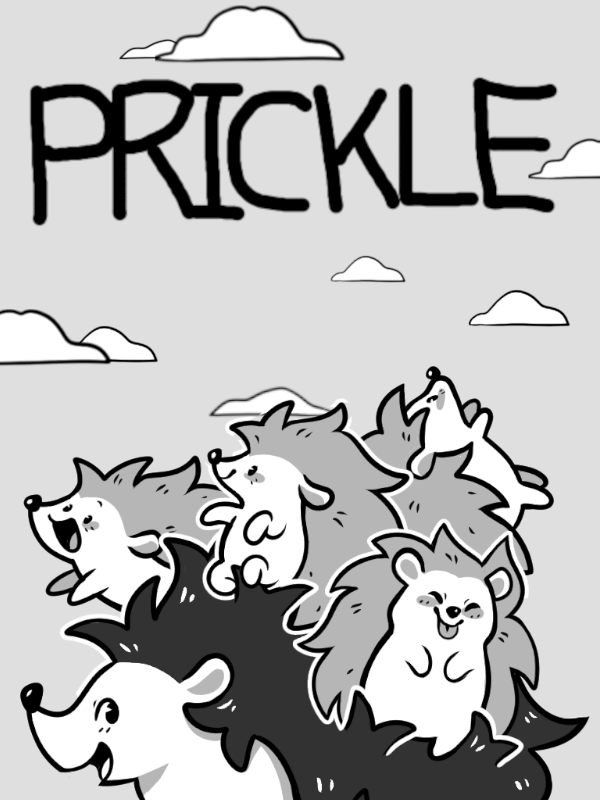I have a dream to design a game in which I tell my life story. Simple and authentic autobiography piece.

In a way, this is my number one priority, it fits quite nicely with my game design goals, but I feel that it’s a difficult path to follow, and not sure if I’ll follow it just yet.
Impactful games
One reason I specially like authentic games is because I want to make impactful games.
Creating games that will benefit others is hard. I do not know what others need that my games can give, and I do not know if they will experience my games in the way I wanted them to.
My current attempts include:
- Toilet Queue – a small android game I made, trying to convey to comfort I feel by being required to choose gender for using a toilet.
- TodoBot – an android chatbot assistant that teaches children to schedule their time.
- Ode to the Dead Sea – a Gear VR experience that warns of environmental the process that the dead sea goes through.
- Escape the bus – a PC short experience telling the story of the people who got murdered in a bus in Tel-Aviv.
I learned that making impactful games is hard. Mostly, because people do not experience the game as it was meant to be experienced.
A possible solution is to write my own story. To tell about my struggles and how I overcome them might help others who have similar struggles, to tell about who I am might help others to better understand the circles I associate with. I wouldn’t have to think so much about audience response, because my goal shifts. It’s not about them, changing them, it’s about me. Who am I, and why I do the things I do. They gain the chance to experience my life, and do with that as they will.
Real stories, real implications
But my story doesn’t only includes me. It includes my family, my closeted boyfriend, my best friends, my landlord, my coworkers, and so on. Telling about me means also telling about them. What if they don’t like the way I describe them? What if they don’t want the exposere? If I were to put a spotlight on my struggles and pains, that for sure will introduce other people in my life in a problematic shade. Should my truth come before them?
What about my own exposure? I will have to stand behind my art after it gets out. Won’t it hurt when people criticize the real me? Won’t it lock me in a state where I have to defend the opinions and views that I have today but might change in the future? It probably will, but this is an easy choice: If I have a good story and a good way to tell it, I should do it.
Will people enjoy it?
Do I actually have a story to tell that will interest others?
Yes, I do believe so. I’m sure most people feel like their story is worth telling, and I think they are right. Life is an interesting thing. Can I tell it in an interesting way as a video game? That will take effort, and will require the delicate balance between being too “gamey” and being not enough interactive.
Some interesting takes others have taken sharing an authentic story include:
- Coming Out Simulator – Where we follows Nicky Case’s coming out of the closet story, watching his own real life dilemmas, deciding a solution for him, and see the story folds as he believes it would for the given choice. It’s honest story telling not because all of the things really happened, but because it’s the authentic story of his life from his point of view.
- dys4ia – This game by Anna Anthropy, uses game-play mechanics as metaphors to body dysphoria. Game play mechanics are of-course an important tool for the story teller who chose video games as their medium.
- Florence – “the story of a young woman and the heartracing highs and heartbreaking lows of her very first love”, I don’t even know if it’s based on a true story, but it feels real, and it’s a good reference to how I would imagine an authentic story being told.
Conclusion
At the moment it seems that I’ll delay my wish to make an authentic game. The requirement are too high for me at the moment, I want to make a fun simple game and see where I can go with that.
It’s with a heavy heart that I must let go of such important element in my next game project, but it is important to recognize your own limits and focus on what you can.
And after I do have a game concept that I feel that more suit me at this time, I can add my own honest moments in appropriate parts of the game.
Further Readings
- Awika Guillermo writes about Autobiography games, he asks how well games make for an autobiography medium, and his answer differs than mine, but it is still a great read which references many interesting cases.
- Did you arrive here hoping to gain some tools writing your own honest game? perhaps you’ll be interested by this gamasutra article: Narrative Design by Thomas Grip.



